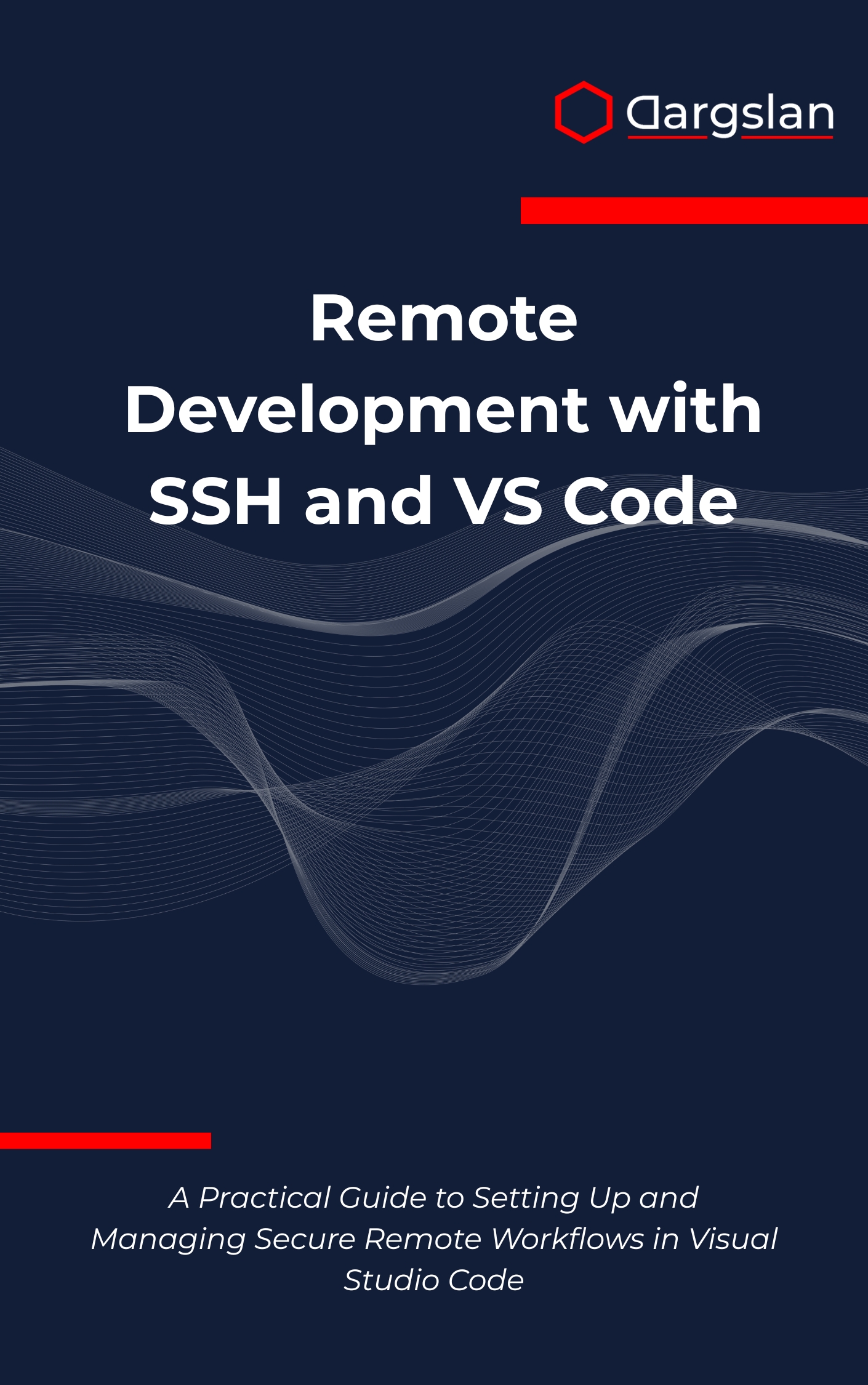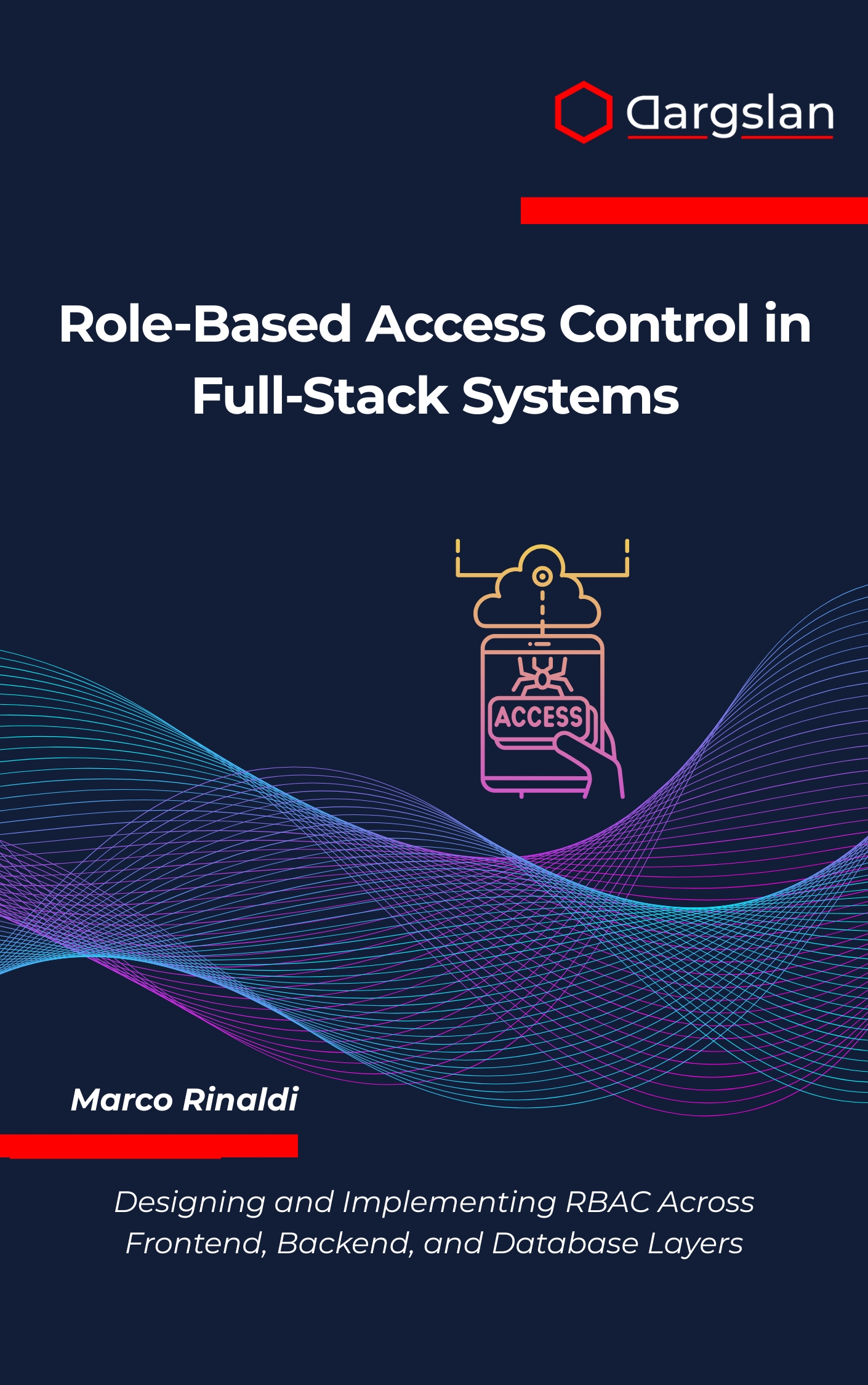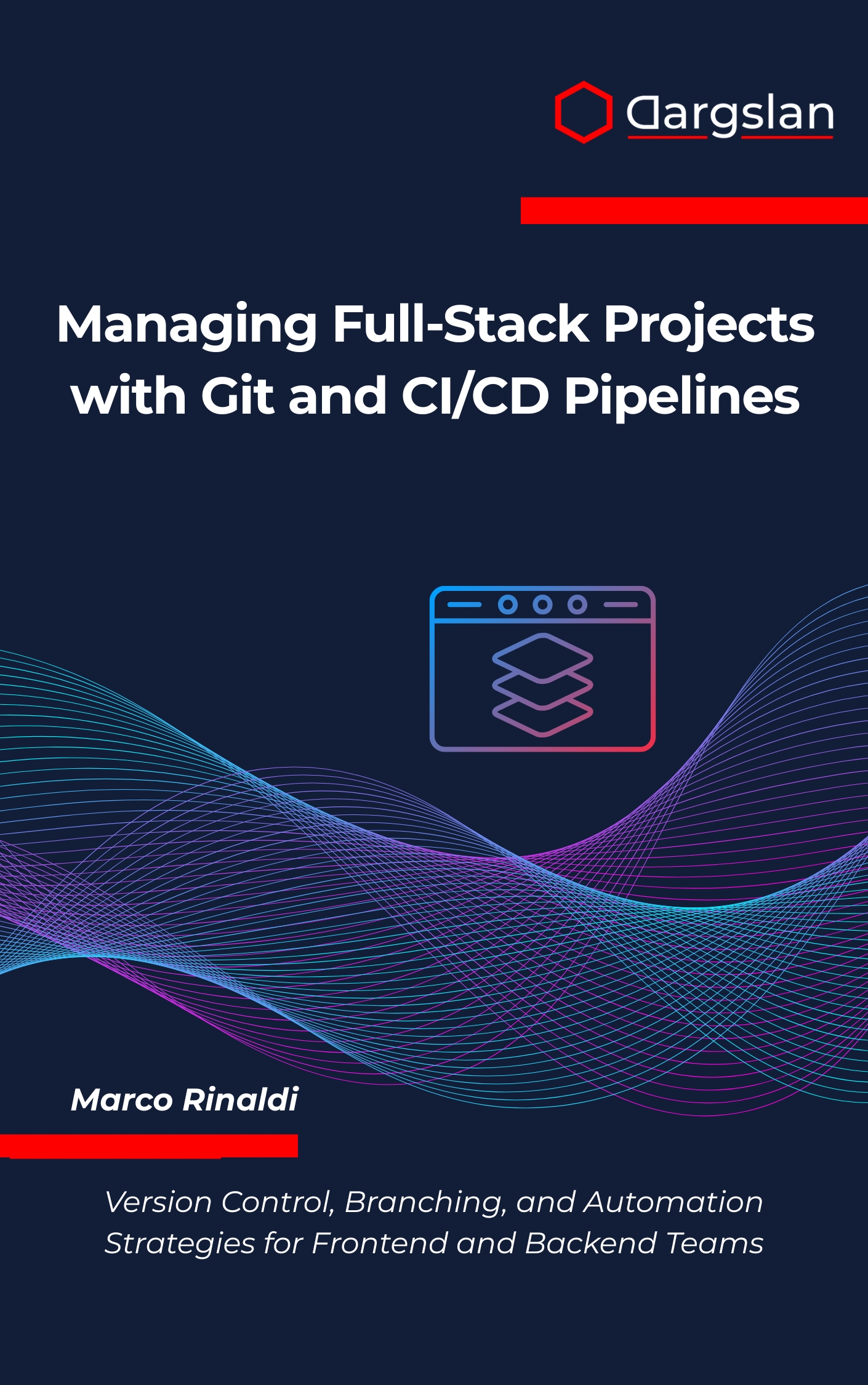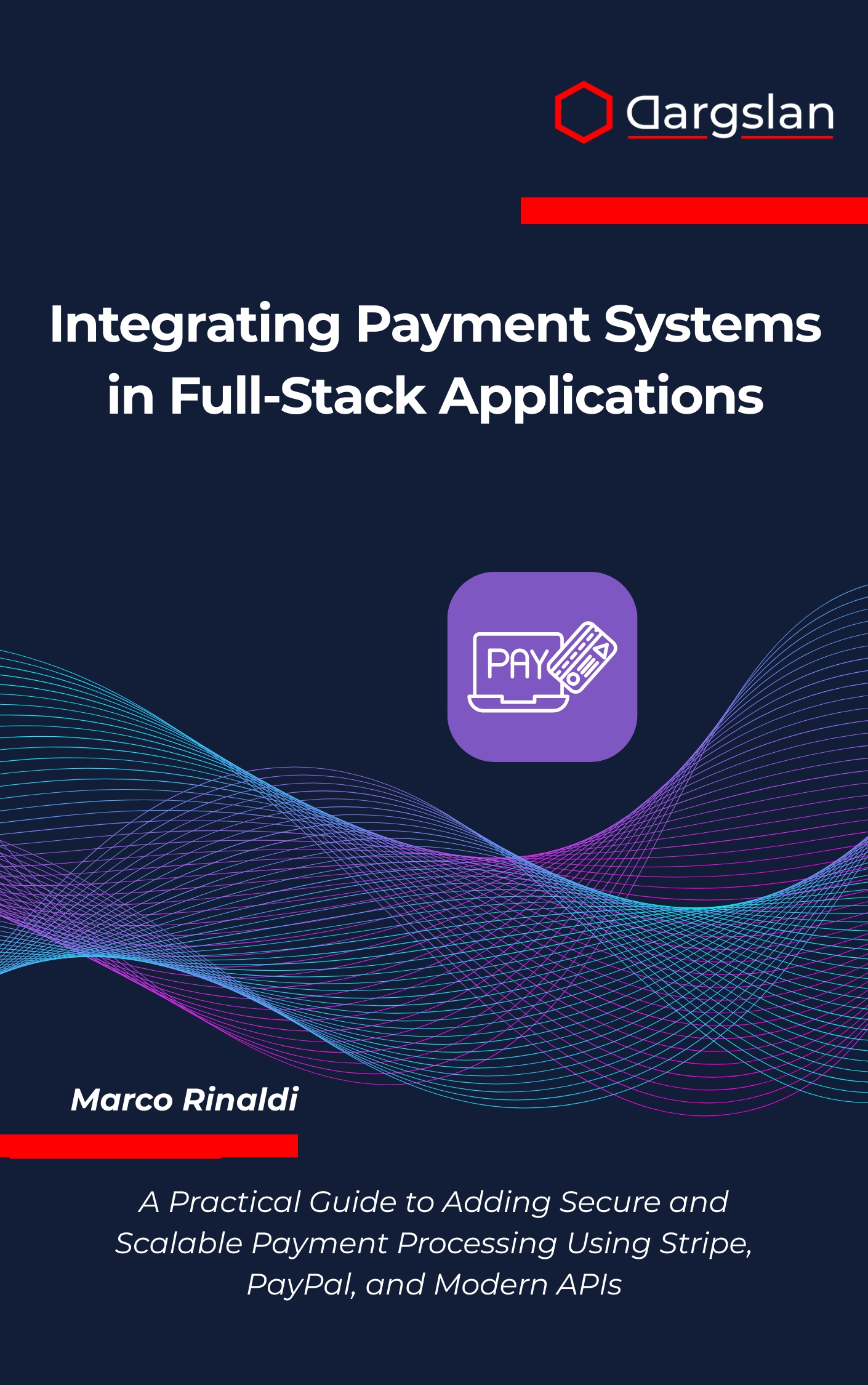Remote Development with SSH and VS Code
Everyday Linux Tasks Made Easy,Simplify your Linux workflow with time-saving commands and productivity tools.

Build, debug, and ship code from anywhere — without sacrificing speed, security, or sanity. If you’ve been juggling SSH configs, inconsistent environments, and fragile tunnels, this book shows you how to create clean, reliable remote workflows that truly scale.
Whether you’re a solo developer or part of a distributed team, you’ll learn to turn Visual Studio Code into a secure, high-performance remote IDE powered by SSH.
A Practical Guide to Setting Up and Managing Secure Remote Workflows in Visual Studio Code
Overview
Remote Development with SSH and VS Code is the essential IT book for developers who want a practical, step-by-step programming guide to building secure, efficient, and consistent remote workflows on Linux and beyond. Framed as A Practical Guide to Setting Up and Managing Secure Remote Workflows in Visual Studio Code, it covers SSH fundamentals and advanced techniques, Visual Studio Code remote development, and OpenSSH configuration and management with the clarity of a hands-on technical book.
Across real-world scenarios, you’ll learn remote debugging strategies, Git integration for distributed teams, and security best practices for remote development, along with network optimization and troubleshooting for low-latency editing and transfers. The book also dives into team collaboration workflows, server setup and maintenance, performance optimization techniques, and enterprise security implementation so you can scale with confidence.
Finally, you get actionable playbooks for automated deployment processes, environment consistency, and reproducible configurations, making it an ideal reference for long-term remote projects and modern DevOps practices on Linux and cross-platform systems.
Who This Book Is For
- Individual developers moving from local-only to remote-first workflows who want a smoother, faster setup and secure SSH foundations that “just work.” Gain confidence configuring servers and editing code remotely with zero guesswork.
- DevOps engineers and Linux administrators seeking a repeatable, policy-aligned approach to OpenSSH hardening and Visual Studio Code remote development. Learn how to standardize access, auditing, and performance across teams.
- Team leads and engineering managers rolling out shared environments and collaboration standards. Equip your team with scalable processes, from onboarding to remote debugging, and inspire a culture of secure, automated delivery.
Key Lessons and Takeaways
- Master secure access with keys, agents, and bastion hosts — then streamline day-to-day work with port forwarding, multiplexing, and resilient SSH sessions suited to real-world networks.
- Set up VS Code Remote-SSH for consistent, portable environments, and connect it to Git integration for distributed teams to simplify code reviews, feature branches, and CI-driven development.
- Apply performance optimization techniques and network optimization and troubleshooting to minimize latency, accelerate transfers, and keep remote debugging strategies snappy and reliable.
Why You’ll Love This Book
This guide is clear, practical, and focused on outcomes. You’ll find step-by-step instructions, annotated examples, and checklists that demystify OpenSSH and Visual Studio Code remote development without overwhelming jargon. Each chapter ends with actionable tactics you can implement immediately — from hardening configs to building automated deployment processes that reduce risk and human error.
Real-world scenarios show you how to navigate common pain points: intermittent connections, mismatched dependencies, secrets management, and team onboarding. The result is a reliable, repeatable remote workflow you can trust in production.
How to Get the Most Out of It
- Start with the foundational chapters on SSH concepts and OpenSSH configuration and management, then move into Visual Studio Code remote development setup. Progress to advanced topics like enterprise security implementation and automated deployment processes once your basics are stable.
- Apply the examples directly in your environment: use the hardening checklists, configure SSH keys with proper permissions, and enable remote debugging strategies for your language stack. Document your choices so your team can replicate them.
- Tackle mini-projects that reinforce learning: create a reusable server setup and maintenance script, build a devcontainer that mirrors production, and benchmark latency before and after performance optimization techniques.
Get Your Copy
Upgrade your workflow, secure your infrastructure, and accelerate delivery with a proven, modern approach to remote development. Make your next sprint smoother by standardizing how your team connects, codes, and deploys.




